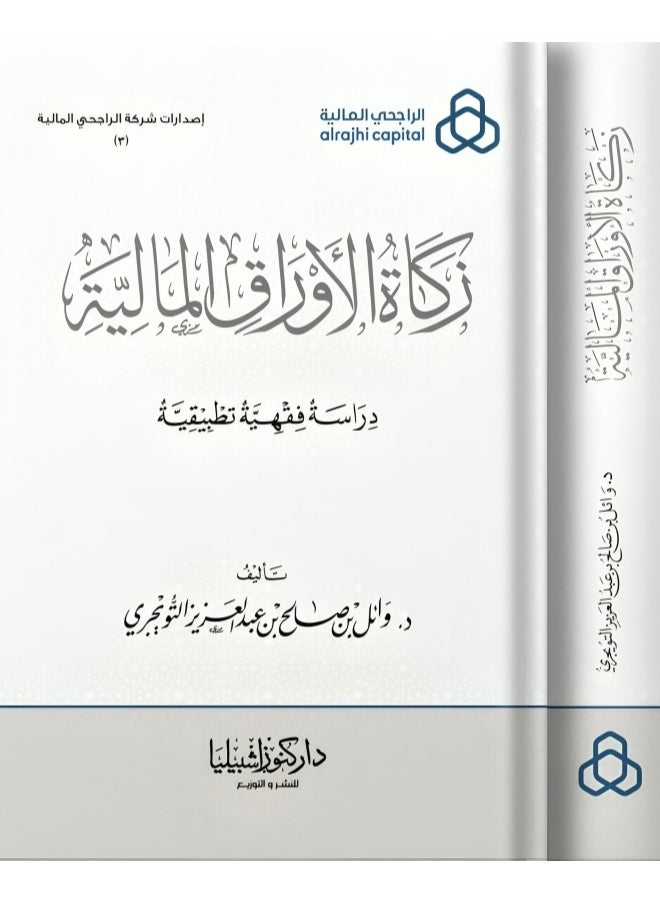1
Available Soon
Specifications
| Publisher | OUP Oxford |
| ISBN 13 | 9780199650491 |
| Book Description | The Sick Child in Early Modern England is a powerful exploration of the treatment, perception, and experience of illness in childhood, from the late sixteenth to the early eighteenth century. At this time, the sickness or death of a child was a common occurrence - over a quarter of young people died before the age of fifteen - and yet this subject has received little scholarly attention. Hannah Newton takes three perspectives: first, she investigates medical understandings and treatments of children. She argues that a concept of 'children's physic' existed amongst doctors and laypeople: the young were thought to be physiologically distinct, and in need of special medicines. Secondly, she examines the family's' experience, demonstrating that parents devoted considerable time and effort to the care of their sick offspring, and experienced feelings of devastating grief upon their illnesses and deaths. Thirdly, she takes the strikingly original viewpoint of sick children themselves, offering rare and intimate insights into the emotional, spiritual, physical, and social dimensions of sickness, pain, and death. Newton asserts that children's experiences were characterised by profound ambivalence: whilst young patients were often tormented by feelings of guilt, fears of hell, and physical pain, sickness could also be emotionally and spiritually uplifting, and invited much attention and love from parents. Drawing on a wide array of printed and archival sources, The Sick Child is of vital interest to scholars working in the interconnected fields of the history of medicine, childhood, parenthood, bodies, emotion, pain, death, religion, and gender. |
| Language | English |
| Author | Hannah Newton |
The Sick Child in Early Modern England, 1580-1720 Hardcover English by Hannah Newton
Added to cart
Cart Total SAR 0.00




























































































































